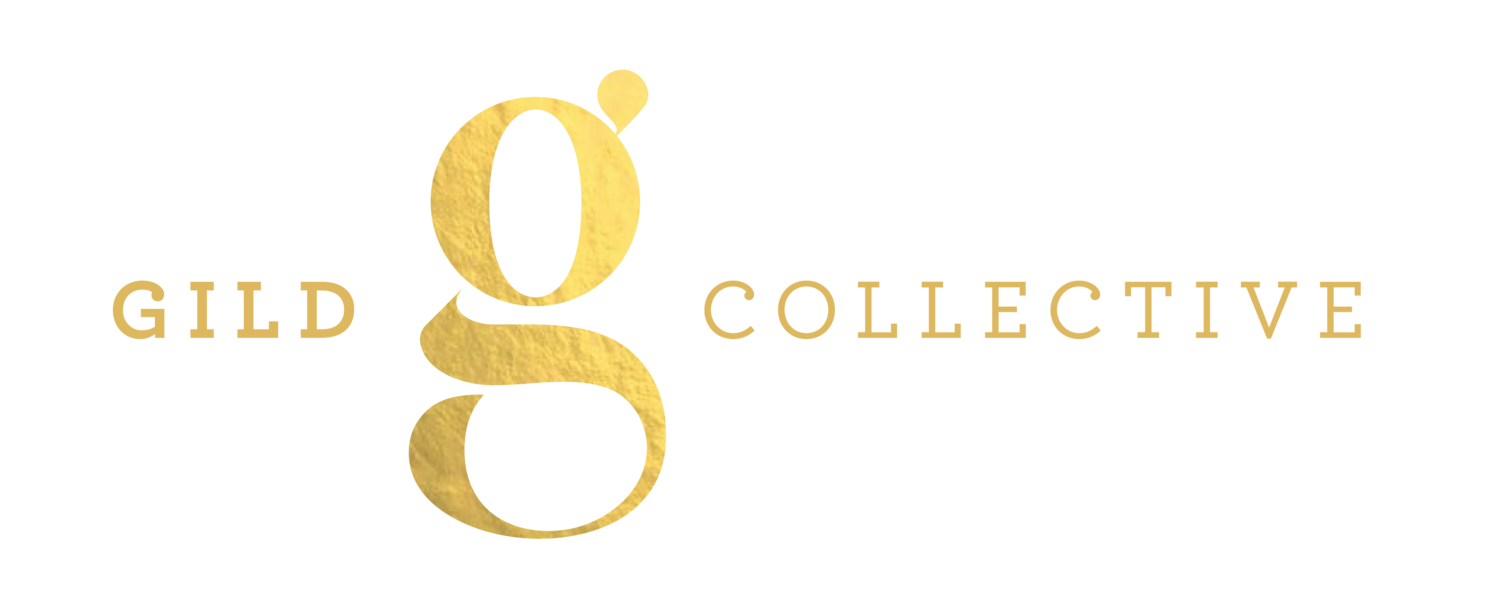Last month I wrote about the invisible workload that women carry and how I personally try to counteract it, which prompted a slew of messages from friends sharing their stories and perspectives. One of these friends, a great friend of mine from high school and new mom of a perfect baby boy, sent me a recommendation to check out a book she was reading: Jancee Dunn’s How Not to Hate Your Husband After Kids. While I can confidently say that I have never hated my husband, my baby is only 18 months– there is still plenty of time for resentment to fester. In the spirit of research, I dove right in, and I’m glad that I did.
Dunn wrote this book after reaching a breaking point in her own marriage surrounding division of labor (much of it “invisible”) and the angry, vicious fights that came from it. She states early in the book that she realized divorce was inevitable unless purposeful changes were made. The book then candidly outlines her and her husband’s experiential journey through some of the country’s top marriage counselors, citing meticulous research surrounding the social science behind domestic labor and gender roles.
A Note: “How Not To Hate Your Husband After Kids” focuses on heterosexual couples, on which there is a much broader body of research regarding domestic roles than there is for same-sex couples. However, I believe that the book will be helpful to any new parents or soon-to-be new parents, as it outlines actionable strategies on how to prepare for and manage the flow of work that comes with having a new person enter your family.
Gender roles are engrained in all of us from birth, despite our best attempts to mitigate societal influence. And, as Dunn’s book depicts, they creep into relationships with ferocious veracity after babies are born, when all of our defenses are down (i.e. we are sleep deprived and completely out of our routines and element). In a discussion between Dunn and her husband, Tom Vanderbilt, Tom states, “What’s interesting is that things just changed on their own. I used to do all the cooking, for example, then our child was born, I got very busy at work, and suddenly you were cooking all the time and I was traveling and working. These very traditional gender roles just came out of nowhere.” As a work-from-home mom with part-time childcare, this idea that gender roles sneak into our relationships after kids really resonated with me.
My Top Takeaways from “How Not to Hate Your Husband After Kids”
Keep the impact a parent’s behavior can have on their kids top of mind, always.
This is particularly true when you consider the aforementioned gender roles and their sneaky nature. Dunn and Vanderbilt are (like my husband and I), parents to a daughter. Dunn does a fantastic job outlining the benefits that more evenly distributing household labor can have on children, particularly girls. What we observe as “normal” in our households has a profound impact on children and what they will perceive to be normal in adulthood. Dunn at one point references this groundbreaking commercial from P&G for an Indian detergent brand, which I think depicts this notion better than I can summarize here with words. She cites research to back up these claims, but her anecdotal examples of the impact her husband can have by volunteering to accompany his daughter on the school field trip were what had me taking notes.
Dunn is honest about her shortcomings in the book along with her husband’s, her issues with anger control being central to many of she and Vanderbilt’s fights. The research she shared about the stress hormones that infants as young as six months release when they hear their parents argue had me doing a mental recap of all of the arguments my husband have had with Louise in tow, and taking note of strategies to avoid it at all cost moving forward. One of the therapists that she saw suggested pulling out a picture of their daughter, Sylvie, whenever she wanted to explode in anger, and talking to it about the impact that yelling at her dad would have. While I haven’t had to pull this trick out personally, the mental image of it alone was hugely impactful.
Self care matters.
I will forever be someone determined to find more ways to exercise self-care. I, like so many other women, know that self-care is important, but Dunn’s book reminded me why. Taking time for yourself makes you a better parent, a better partner, and a better person. She and her husband now use an “everyone sort of wins” approach to their weekends, where each parent gets a half-day to be off-duty. The parent can do whatever they want during that time– sleep in, exercise, nothing at all, without comment from their partner. We tried it this past weekend, and it was truly wonderful.
Say thank you, often.
This concept does not need much explanation, but it shocked me how much I needed the reminder. Saying thank you is a tiny action with a huge impact. “Thank you” acknowledges work that often goes unacknowledged, and legitimizes both the feelings of stress and accomplishment that come with managing a household. Also, in my relationship, saying thank you (and meaning it) causes both of us to want to help each other more, and make one another’s lives easier whenever we can. A fun bonus for us is that Louise says thank you 100 times a day.
As I stated in my post about emotional labor, invisible work only stays invisible if we don’t shed light on it. While there are small pieces within Dunn’s book that I don’t personally align with, I would recommend it to anyone about to embark on parenthood that wants to be purposeful about not letting gender roles dictate their relationship.

